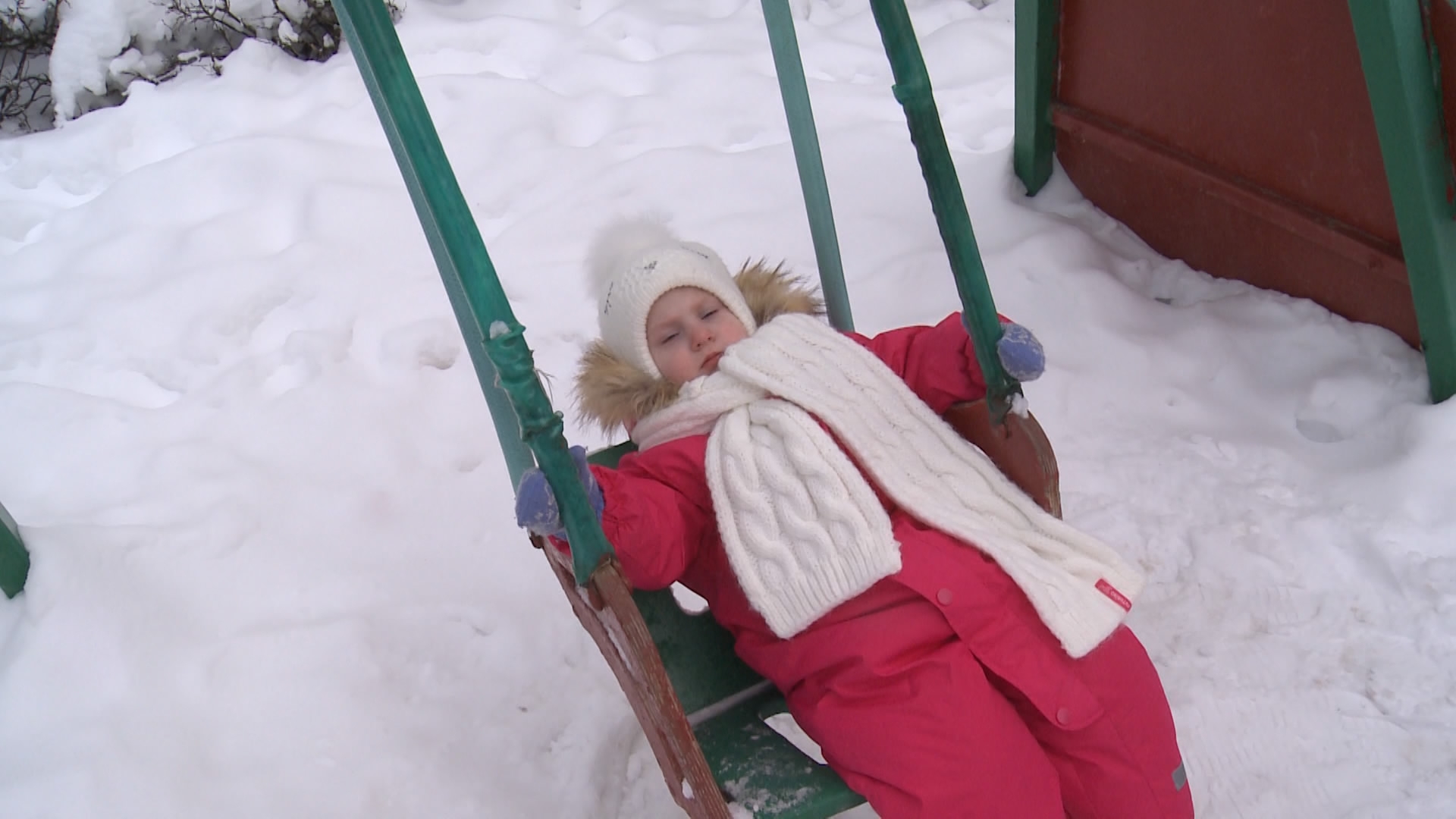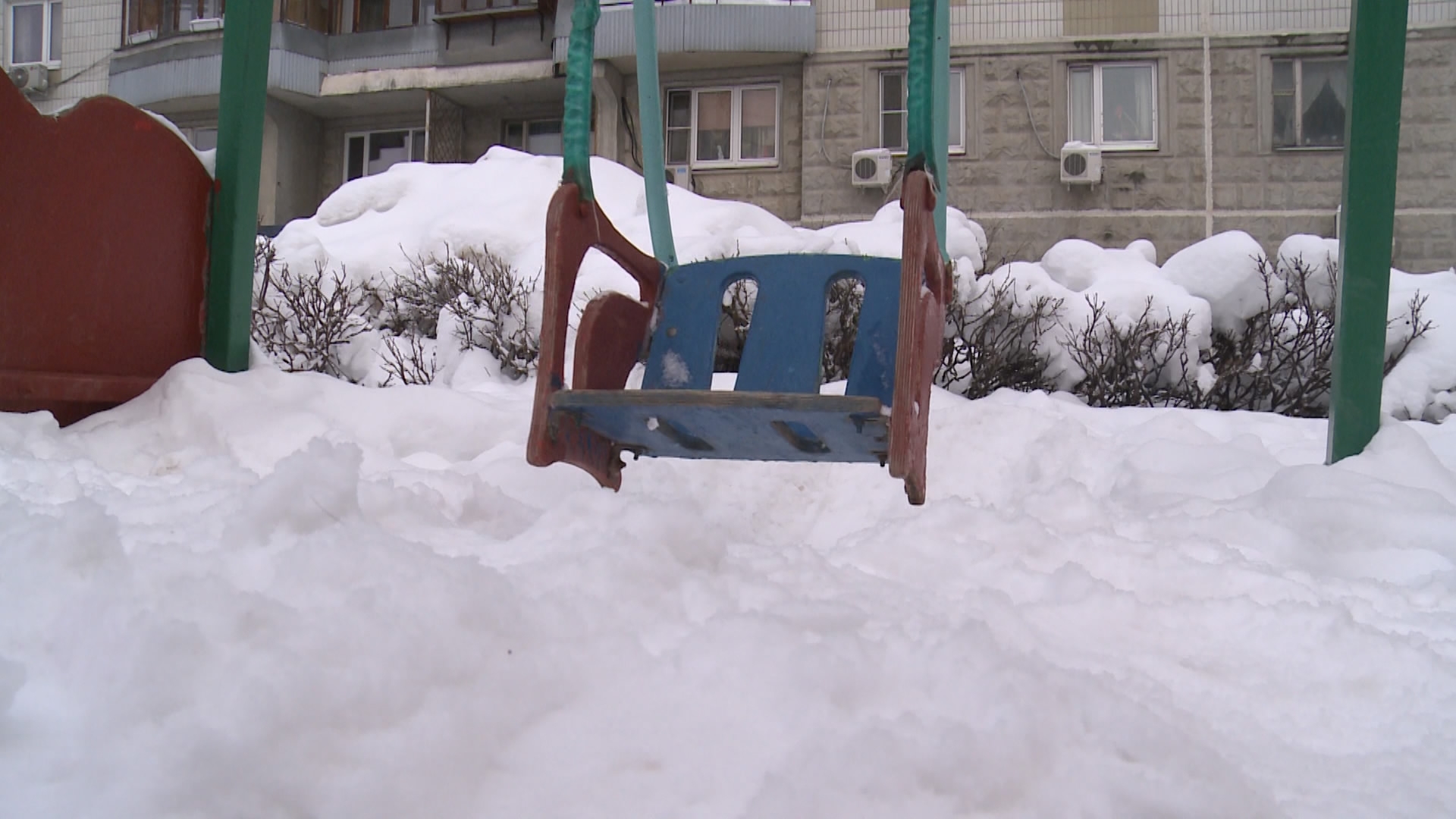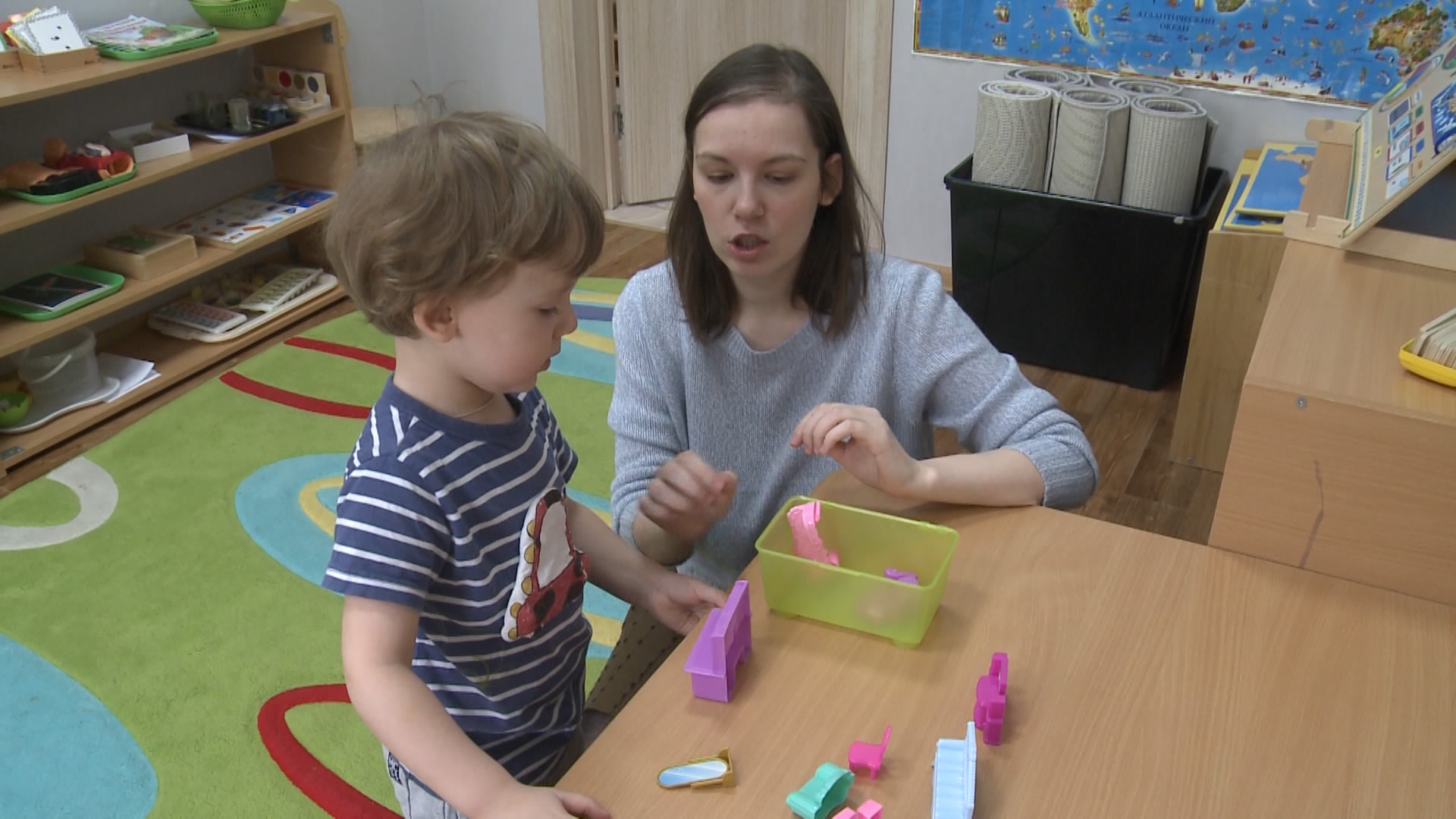
Culture
11:01, 26-Feb-2018
Russia suffers 200,000 baby shortage
By Dan Ashby

Russia's birth rate dropped by more than 200,000 babies in 2017, according to figures released by the country's statistics agency.
It represents a 10-percent fall in births on an annual basis, and has renewed concerns that Russia's population may dwindle in the years ahead.
After deaths were taken into account, the country's population shrunk by 134,000 people: the biggest fall in years.
At this rate, there would be no Russians left by 3070.

The fall in birth rates in Russia is the biggest in years. /CGTN Photo
The fall in birth rates in Russia is the biggest in years. /CGTN Photo
One expert seems unfazed by the drop, arguing that it is down to historic swings in population, and noting it is no reflection of current economic difficulties.
Professor Anatoly Vishnevsky from the Institute of Demography said: "It started a long time ago, in World War Two when birth rate was very low."
"Twenty-five years later there were few parents, and that wave is repeating. Now 75 years later, we are seeing this third wave which was made worse by the events of the 1990s. It could last for 10 years or more. The decline in the number of women of child-bearing age is very big, almost seven million," he added.

An empty swing in a children's play park in Moscow /CGTN Photo
An empty swing in a children's play park in Moscow /CGTN Photo
The professor also said that economic factors and government policies can accelerate or decelerate the trend, but only by relatively small margins.
In the last 15 years, Russian women have been having more children, but there are simply fewer women around.
But despite a recent rise in family sizes, Russian families are still small compared to those during the Soviet era.

Margarita Sheremetyevo plays with her son in a nursery. /CGTN Photo
Margarita Sheremetyevo plays with her son in a nursery. /CGTN Photo
Margarita Sheremetyevo, a young mother, explained, "It’s completely normal to have one child, if you have more than three children, everyone thinks, 'argggghh how many? How do you manage?' So therefore one is normal, two is okay, and three or more – it’s too many!"

SITEMAP
Copyright © 2018 CGTN. Beijing ICP prepared NO.16065310-3
Copyright © 2018 CGTN. Beijing ICP prepared NO.16065310-3